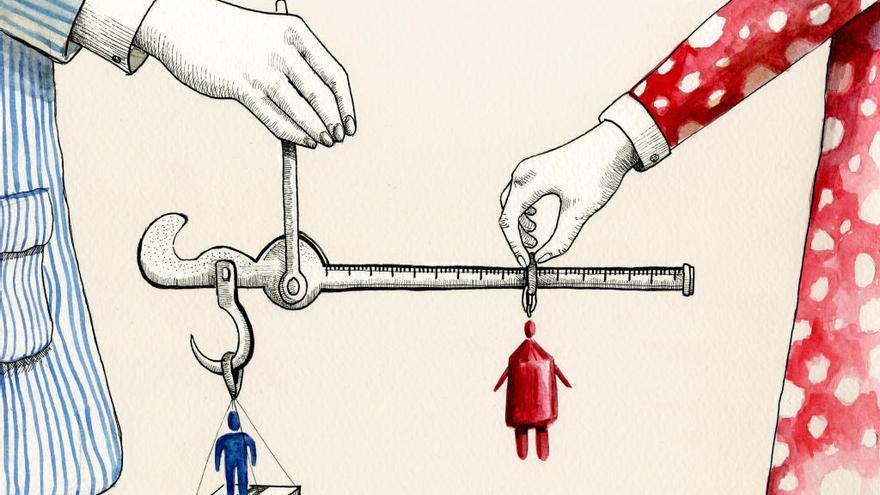3/2/2022 Week 5: Response to "Culture Differences Concerning Time"
Response to "Culture Differences Concerning Time"
What happens with time? Is it important for you to be on time for an important meeting or party? Do you manage a schedule for everything you do?
There is a big difference between one culture and another in how each sees time and this is another Cultural Paradigm.
Professor Iver quoted Edward T. Hall to explain some cultural differences concerning time, and he said, "There are two types of people in the world, Monochronic and Polychronic". Do you know about that?
Monochronic and Polychronic
M-time people, do one task at a time when they finish that task, they continue doing the next one that they have scheduled, and so on. Their time is sacred, and they do not allow anyone to interrupt them. They need to finish and continue with their scheduled tasks to feel that they used their time wisely.
These are some Monochronic and Polychronic people characteristics that the anthropology Edward T. Hall mentioned in his book Understanding Cultural Differences, part 1, page 15.
That is why people say that they, monochronic and polychronic people, are like oil and water because they are extremely opposite.
Monochronic countries: The United States, Northern Europe, Germany, Switzerland, Scandinavia.
Polychronic countries: Most of the Latin American countries.
I do not imagine M-time and P-time people working together. What would happen?
Many people are moving to other countries and working together. Here in Mexico (a polychronic country) there are many foreign companies, and this obviously affects the imagen and dealings with other companies.
And this is understanding because Mexicans do not care much about following a schedule. We are multitasking people, but we are not all the same. Some like to arrive on time for their work and social meetings, but others do not care what time they arrive, the important thing is to arrive either 5 minutes, or 10 minutes, or even 1 hour later, but arriving and not miss the meeting.
Social Meetings
Talking about social meetings, here in Mexico we have the custom of having a party for everything. For example, if our party is on Saturday and we want it to start at 5 p.m., we must write on the invitation card or send a message that the party starts at 4 p.m., giving the margin that people arrive at 5 p.m. to start on time. That is the cruel reality of p-time people in my country. This is a bad habit that we need to change.
Relationship and Family
Another example is when we have to go somewhere and on the way we see someone we haven't seen for a long time, we start talking with them about their lives then after that, we continue on our way, no matter how much time we waste or not talking, the important thing is to know that they are well. As professor Ivers said, "They (We) are ruled by relationship and family".
As teachers of future teachers, we need to teach respect for other people's time. We need to make our big efforts to help others to improve on this, explaining how they see time and doing cultural connections to understand others better.
- How you consider yourself, no matter what country are you from, are you an M-time or P-time person? Would you like to change?
Leave your comments.
References:
1) Professor Ivers, BYU Idaho University, https://video.byui.edu/media/04+Cultural+differences+in+Concerning+TIME/0_1cjop6lc
2) Edward T. Hall, "Understanding Cultural Differences" pdf. http://teaching.up.edu/bus511/xculture/Hall%20and%20Hall%201990,%20ch1.pdf
3) Imagen https://encrypted-tbn0.gstatic.com/images?q=tbn:ANd9GcQ-dMqANAdn-2HDz8zsMErT3L76wFLnJ_jNKwS_M_nKqBwts1ZjGPXvOksM&s4) Imagen https://encrypted-tbn0.gstatic.com/images?q=tbn:ANd9GcSIhL5RMYCqdXkh5iiLDLev9oz-tu0WIq0MpL4vw9oute31RvlXFUhb7vo&s
5) Imagen de AutoDraw
6)Imagen https://static2.abc.es/media/ciencia/2020/07/15/tiempo-1-e1590450235204-knvG--1200x630@abc.jpg




No comments:
Post a Comment